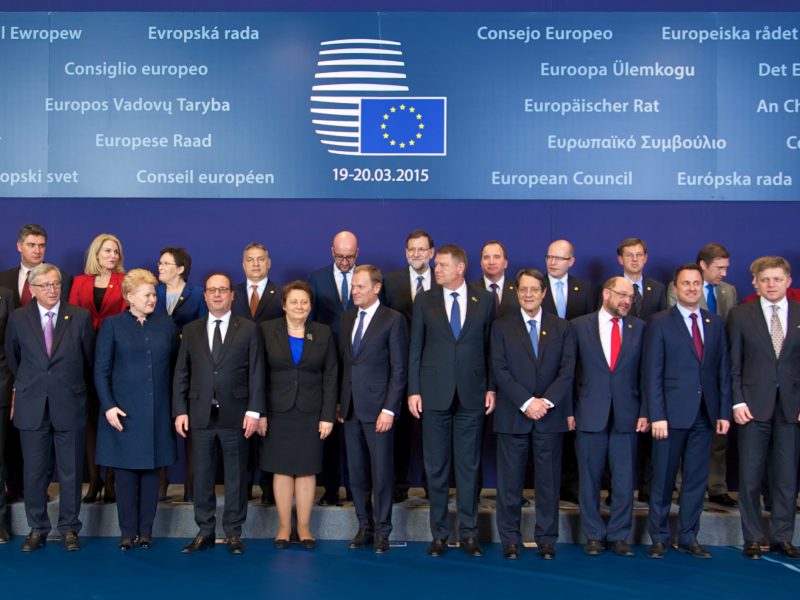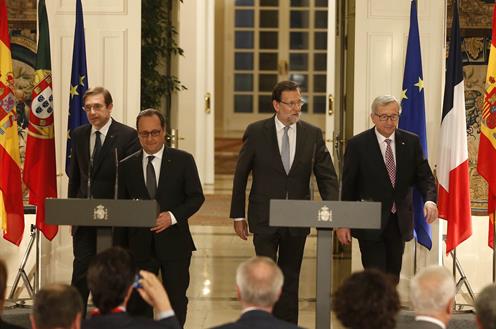European Council conclusions: hidden in plain view
How many of us bother to look at what European leaders decide when they meet in Brussels or elsewhere? Did you know that their main decisions are published as “Conclusions” of the European Council? They have a major impact on our lives, directly or indirectly. But they are only selectively reported on and seldom studied in detail, as they should be. We decided to take our magnifying glass and go through the most recent European Council Conclusions, those adopted by the EU leaders at their meeting in Brussels on 19-20 March 2015.





